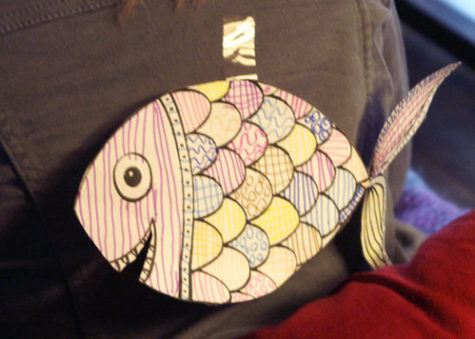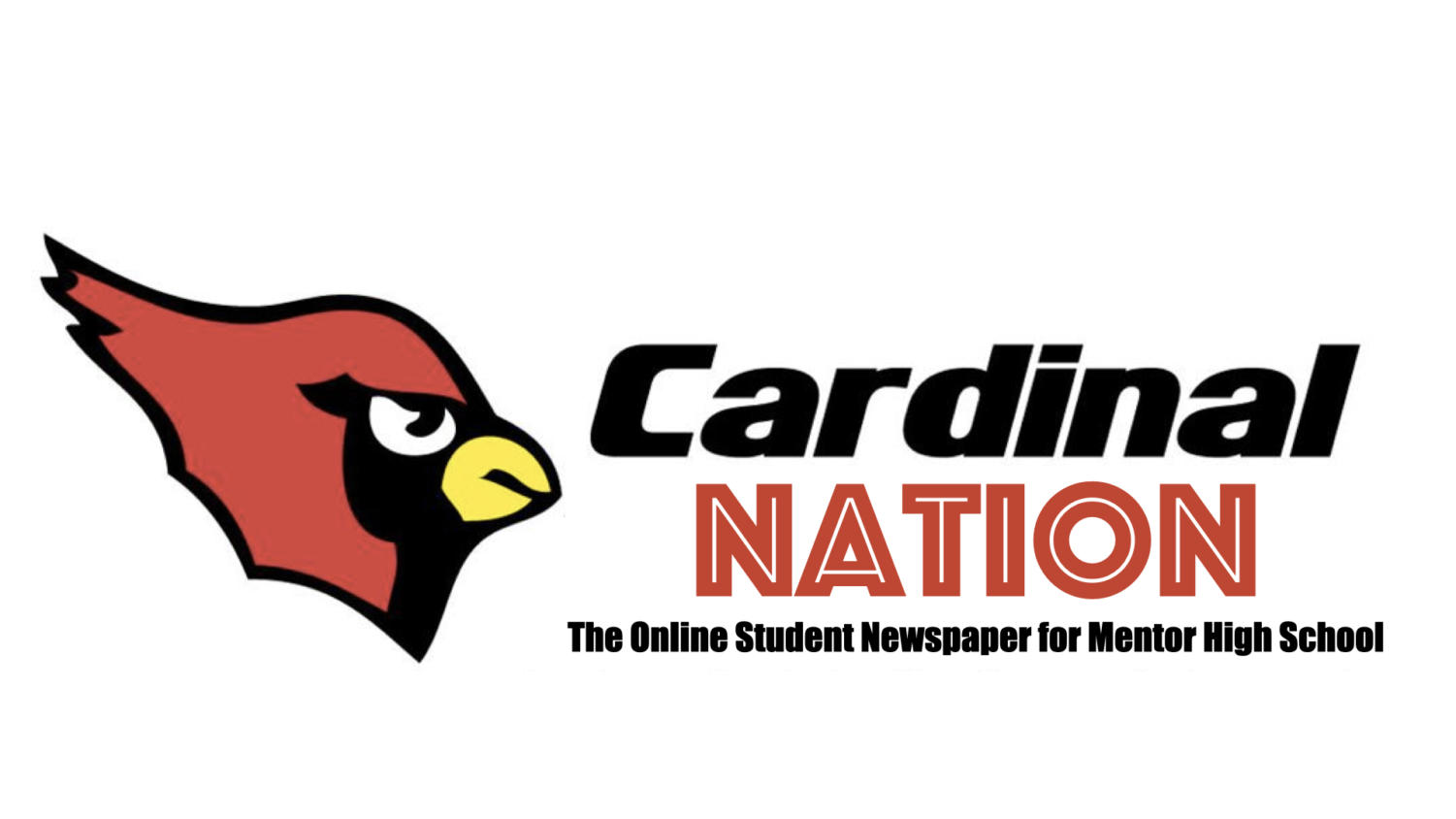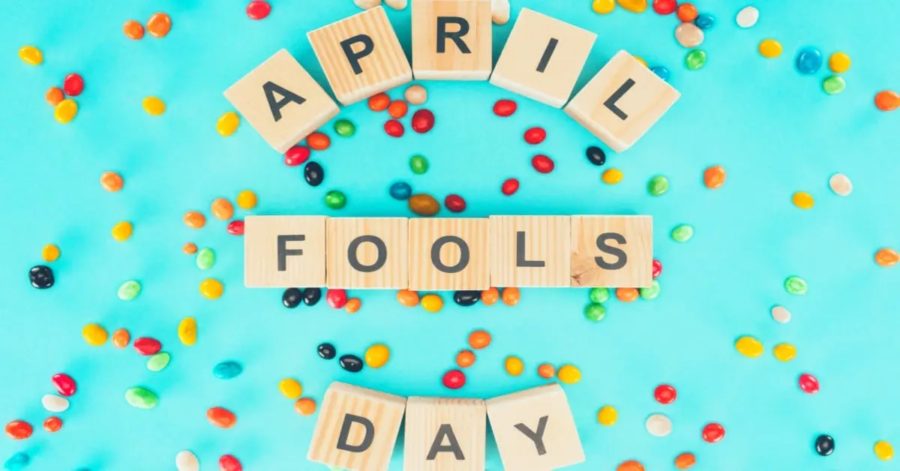April Fools’ Day – What Are the Origins?
How the pranks came to be!
Jacqueline Wilson via Homeschool Super Freak
April Fools’ Day is a holiday celebrated around the world. Do you know where it came from?
April 1, 2023
April Fools’ Day is celebrated on April 1st every year. Those who participate pull pranks–sometimes elaborate ones–on friends or family and then shout “April Fools!” to indicate that it was just a festive joke. So where did this mischievous holiday come from?
The exact origins of April Fools’ Day are unclear, but there is speculation over a few possibilities. One idea tossed around by historians is that it began when the French switched from the Julian calendar to the Gregorian calendar. The new year began around April 1st on the Julian calendar. The Gregorian calendar moved the start of the new year to January 1st. Anybody who didn’t realize the change happened and continued to celebrate the new year at the end of March were called “April Fools.”
Another potential answer for the uprising of April Fools’ Day is the Vernal Equinox–the first day of spring in the Northern Hemisphere. People are fooled by the unpredictable changes in the weather.
The ancient Roman festival of “Hilara” could also be an explanation. At the end of March, people would gather to honor the resurrection of the god Atticus. Attendees would dress up in disguises and imitate others.
The Feast of Fools seems to be a possibility as well. It was a medieval celebration where a mock bishop or pope was elected and church customs were imitated.
What seems to be the most common theory is when France switched calendars. Those who were called “April Fools” became the victims of many jokes and pranks. One of these pranks included having a paper fish placed on their back and being called a “poisson d’avril,” or “April Fish.” It refers to a young fish that is easily caught, gullible, and more plentiful in the spring.

Some of the French classes at Mentor High School participated in this trend, coloring their own paper fish and secretly sticking them to each other’s backs.
Over time, April Fools’ pranks have become more and more complex. The media has allowed worldwide hoaxes to fool thousands of viewers. From newspapers to radio stations to television, they’ve all taken part in the tradition. False headlines and news stories are common on April 1st.
Potentially one of the most famous April Fools’ jokes to hit the media was BBC’s Spaghetti Tree Hoax in 1957. Harvesters in Switzerland were shown on television picking spaghetti off trees and bushes, claiming it was a part of the annual harvest effort. They stated it was “an exceptionally heavy spaghetti crop” for the year.
The media plays a big role in April Fools’ pranks–but what about the public? Well, pranks can range from the classic whoopee cushion to an elaborate scheme, or even just a bluff that will be sure to frighten the target of the joke!
Be wary of what you see in the media on April 1st because it could be fake news, and make sure you don’t prank your teachers this year…







